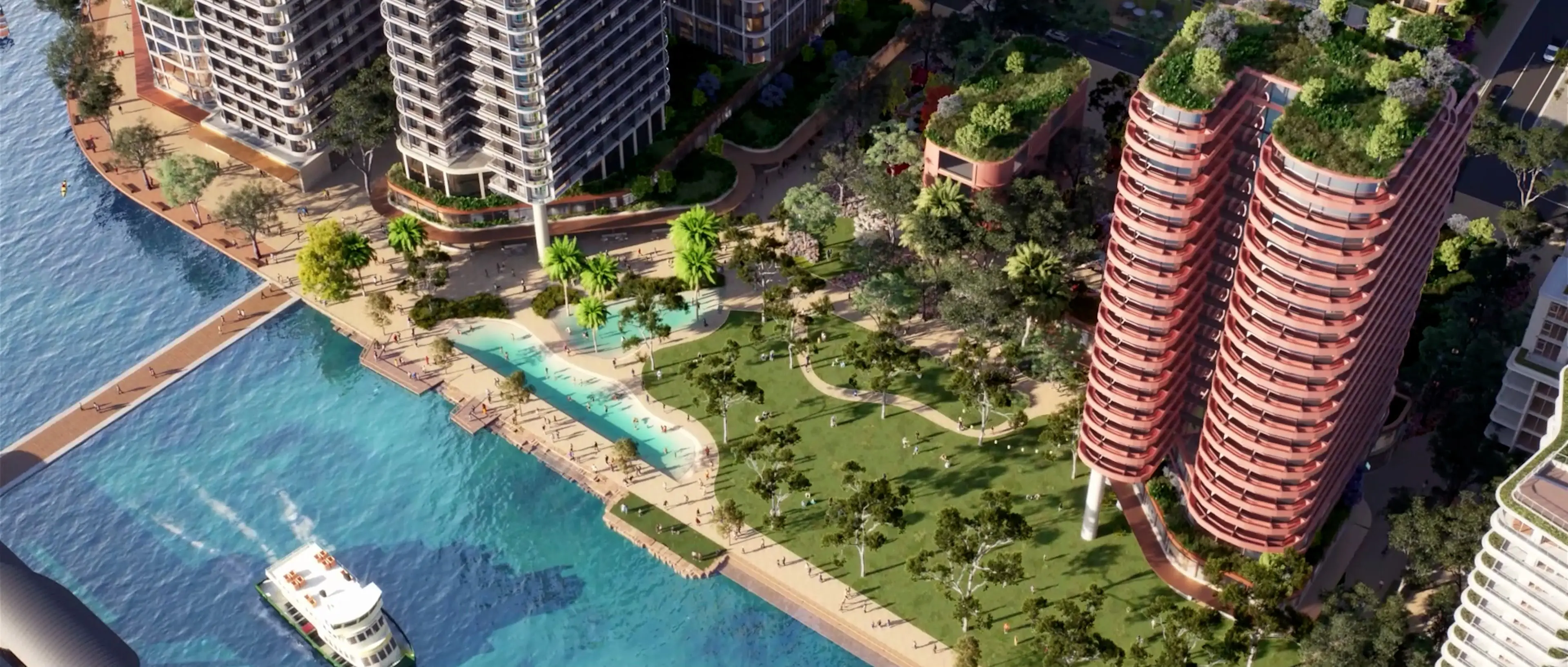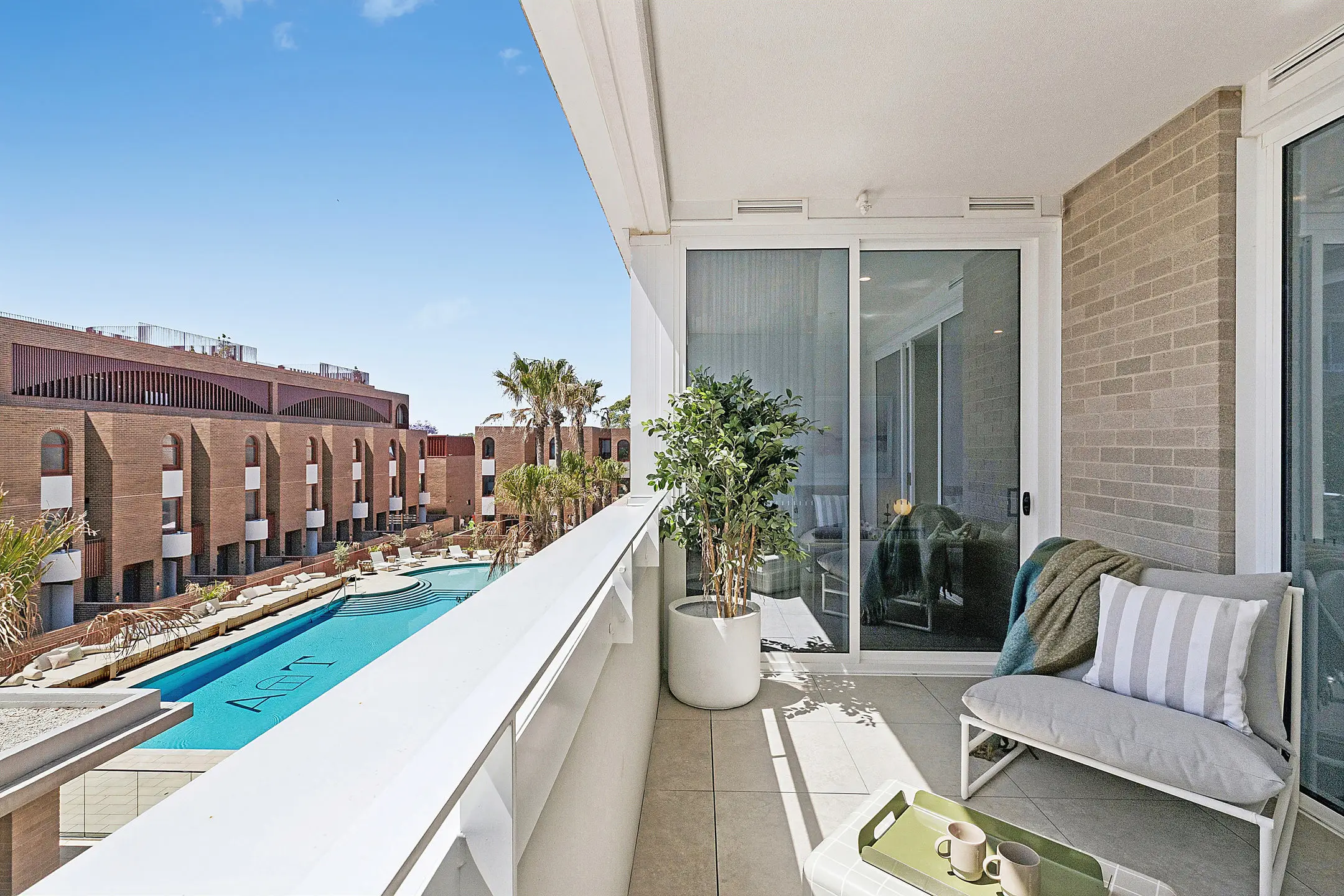
At its meeting on 1 February 2022, the RBA Board decided to maintain the cash rate target at 10 basis points and the interest rate on Exchange Settlement balances at 0%. It also decided to cease further purchases under the bond purchase program, with the final purchases to take place on 10 February 2022.
In a statement, Governor Philip Lowe stated that while “the Omicron outbreak has affected the economy, it has not derailed the economic recovery. The Australian economy remains resilient and spending is expected to pick up as case numbers trend lower.”

“The RBA's central forecast is for GDP growth of around 4.25% over 2022 and 2% over 2023. This outlook is supported by household and business balance sheets that are in generally good shape, an upswing in business investment, a large pipeline of construction work and supportive macroeconomic policy settings. The main source of uncertainty continues to be the pandemic.”
“The labour market has recovered strongly, with the unemployment rate declining to 4.2% in December. Hours worked are estimated to have declined significantly in January due to the Omicron outbreak, but high numbers of job vacancies suggest further gains in employment over the months ahead. The RBA's central forecast is for the unemployment rate to fall to below 4 per cent later in the year and to be around 3.75% at the end of 2023.”

“Wages growth has picked up but, at the aggregate level, has only returned to the relatively low rates prevailing before the pandemic. A further pick-up in wages growth is expected as the labour market tightens. This pick-up is still expected to be only gradual, although there is uncertainty about the behaviour of wages at historically low levels of unemployment.”
“Housing prices have risen strongly, although the rate of increase has eased in some cities. With interest rates at historically low levels, it is important that lending standards are maintained and that borrowers have adequate buffers.”


